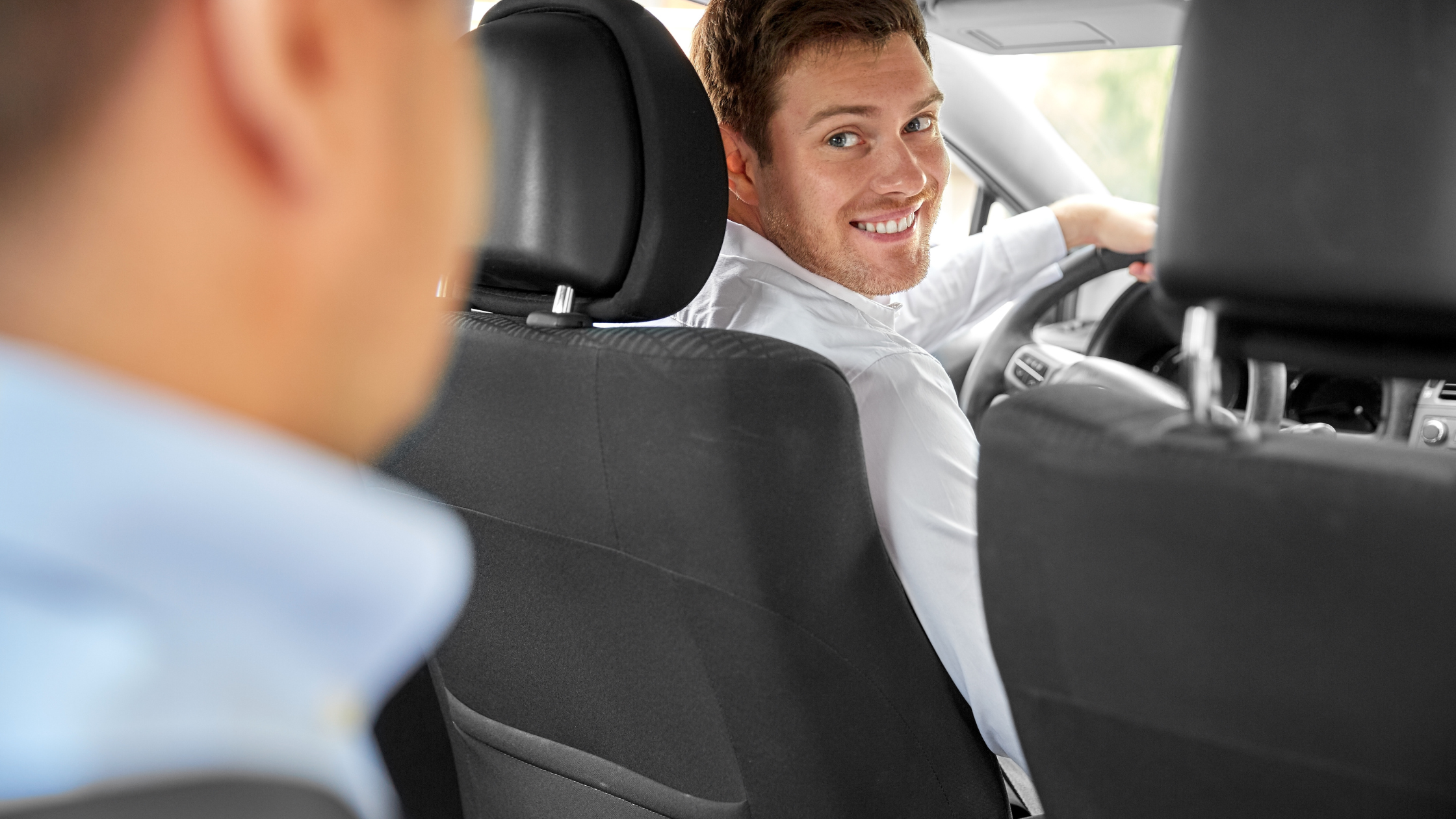Imagine the scene: you’re sitting in the driver’s seat, your hands are on the wheel, and the L-plate is proudly displayed. You’ve been taking driving lessons, and each session brings you closer to the ultimate goal – freedom on the roads.
But as you glance over to the passenger seat, a question crosses your mind: “Can I have passengers while I’m learning to drive?”
This is a common query among learners, and the answer is essential knowledge for those embarking on their driving journey.
Driving is not just about mastering the controls of the car or perfecting your three-point turn.
It’s about understanding the legalities and safety implications of having others in the car with you. The rules for learner drivers are carefully designed to ensure safety – not just for you, but for everyone on the road.
The Legal Perspective
In the UK, learner drivers are legally allowed to drive with passengers in the car. However, there are essential conditions to this rule that must be adhered to. The most crucial requirement is that your accompanying driver must be over 21 years old and have held a full driving licence for at least three years. This ensures that the person in the passenger seat is experienced enough to guide and support you.
Furthermore, it’s imperative that while you’re learning to drive, you remain focused and minimise distractions. According to the Royal Society for the Prevention of Accidents (RoSPA), driver distraction contributes to 20% of crashes. With passengers in the car, the risk of distraction can increase, which is why it’s often recommended that learners limit the number of people they carry.
Considering Safety and Insurance
Safety is paramount when you’re learning to drive. The Department for Transport noted that in 2019, there were 1,752 reported road deaths, and while not all were related to learner drivers, it highlights the importance of ensuring safe driving practices. When you have passengers, there is an added responsibility to drive safely, as you’re accountable for their wellbeing too.
Insurance is another critical aspect to consider. Learner drivers must ensure that their insurance policy allows them to carry passengers. Some policies may have specific restrictions or conditions related to passengers, and failing to comply with your insurance terms could invalidate your cover.
The Impact on Learning
While having passengers can be a boon to your confidence, it can also affect the learning process. Instructors often point out that additional people in the car can cause distractions, potentially slowing your progress. The Driver and Vehicle Standards Agency (DVSA) doesn’t provide specific guidance on passengers during lessons, but it’s generally accepted that the learning environment should be kept as conducive to concentration as possible.
The Practical Test
When the day of your practical driving test comes, the rules are clear: no passengers are allowed. This is your moment to demonstrate your driving skills without any distractions. In 2019/20, the pass rate for driving tests was 45.9%, as reported by the DVSA. To give yourself the best chance of success, it’s advisable to get used to driving without unnecessary distractions during your lessons.
In Conclusion
As a learner driver, you have the freedom to drive with passengers, provided you meet the legal requirements and your insurance policy permits it. However, it’s essential to weigh the benefits against the potential distractions and safety considerations. Always remember that driving is a skill that demands your full attention, and the safety of you and your passengers should always come first.
The journey to becoming a full licence holder is as much about learning the rules and regulations as it is about perfecting your driving technique. Keep focused, stay informed, and drive with confidence, knowing that you’re taking the right steps towards a lifetime of safe and enjoyable driving.





